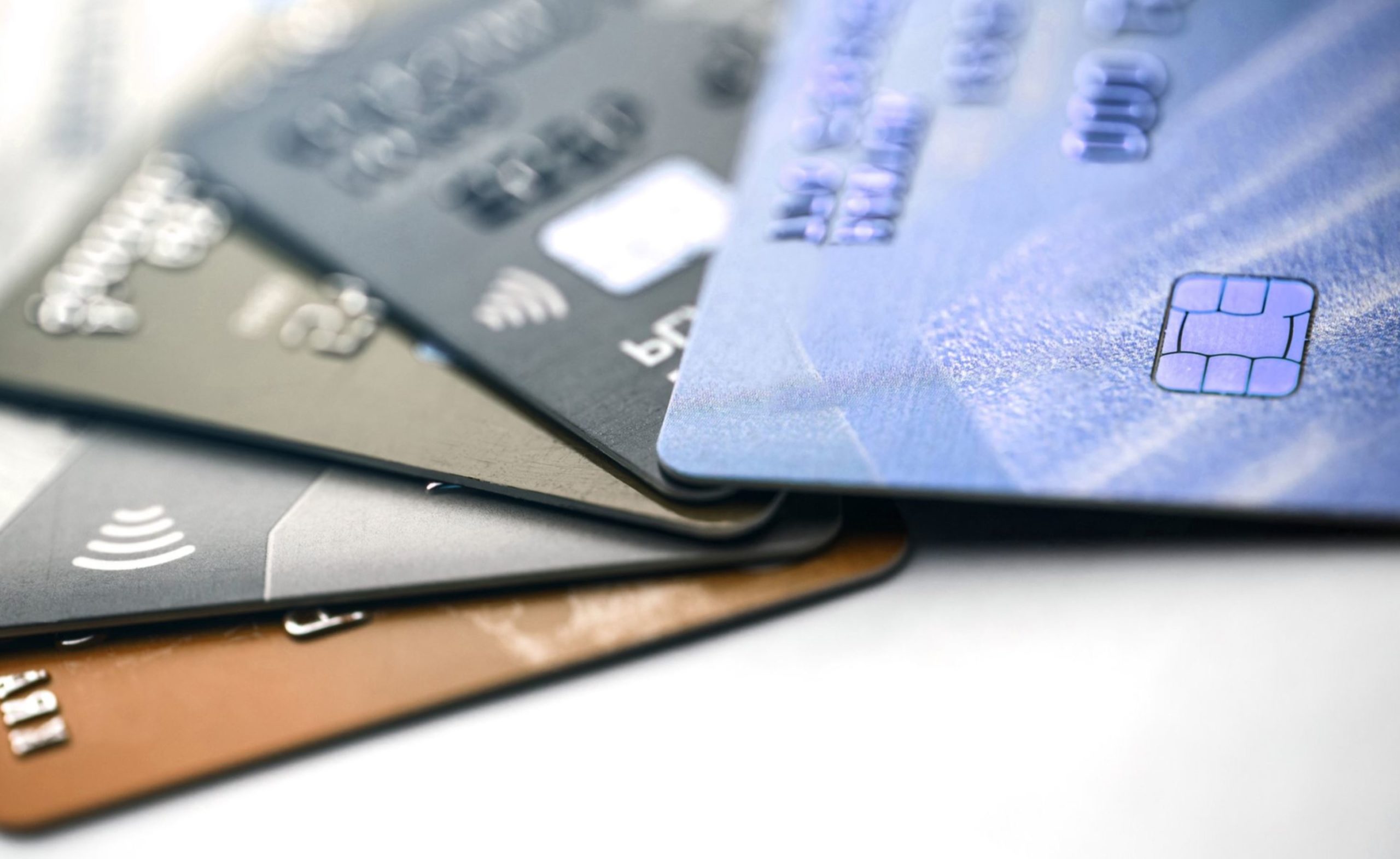 By J.P. Koning
By J.P. Koning
Our ability to make private payments is already quite limited. I sometimes wonder if the wiggle room we currently have will have shrunken or expanded ten years from now.
Economist Charles Kahn, is optimistic about the future of financial privacy. “…the demand for privacy, like the demand for other aspects of payments services, is multifaceted,” he writes. “We should expect different types of systems to handle different kinds of privacy… In fact, we should expect an increase in the number of systems that enact a marketing strategy that emphasizes their privacy advantages.”
Kahn describes how new technologies like Google have dramatically reduced the costs of collecting public information from people. As consumers become more aware of how vulnerable this makes us, a variety of competing public and private payments platforms will emerge to meet our newly-discovered needs for financial privacy. In the same way that we select from a plethora of social media channels or messaging options to meet our communication needs, says Kahn, we’ll pick and choose from a cocktail of privacy-enhancing payments options to help shield our data.
Pessimists would probably disagree with Kahn. Usage of cash, the pre-eminent privacy option, is on the decline. And ever-tightening rules surrounding money laundering and terrorist financing indicate that the days of financial privacy are numbered.
While the pessimists seem to be winning this one for now, there are a few developments that confirm Kahn’s optimism. In the cryptocurrency space, privacy options like Zcash, Monero, and Coinjoin for bitcoin have all emerged. On the fiat side, central bankers are discussing the idea of anonymity vouchers.
Virtual cards, otherwise known as single-use ghost accounts or burner cards, also illustrate how the private sector is trying to find ways to meet consumers’ privacy needs.
A virtual card is a digital alias of a credit or debit card. Rather than being embodied in the form of a plastic card, a virtual card is just a number in a database. To get a virtual card, you need to find a bank (or fintech) that offers the service. Once you’ve successfully applied for a regular debit or credit card, the bank will let you create virtual cards that are associated with that card.
By using a virtual card to make a payment, users can protect their main card number from being exposed to the merchant. Thus the intimate details of one’s core card account are kept safe from prying eyes.
Whereas regular credit and debit cards are permanent, a virtual card can be configured for single-use or set to expire after a fixed amount of time has passed. This is a useful feature for getting more control in recurring relationships with trials or subscription services like Netflix or The New York Times.
For instance, an online newspaper that I subscribe to recently auto-renewed my subscription and increased the price by 50%. I didn’t notice until two months later. Had I paid with a virtual credit card instead of my regular card, I could have set the card to expire at the same moment that my subscription ended. The newspaper would not have been able to auto-renew my subscription. It would have had to call me first before driving through a sneaky price increase.
Users can also put spending limits on virtual cards. This can be useful for buying things from iffy-looking websites. If a card has a capped amount of funds on it, then it reduces the amount that the website owner can potentially steal.
Cards can also be locked to a certain merchant to prevent it from being used elsewhere in case the merchant is hacked.
There are several mainstream providers of virtual cards, including Capital One, Citi, and Royal Bank. According to Apple, its recently-unveiled Apple Card represents “simplicity, transparency, and privacy.” One of the Apple Card’s privacy features is the ability to generate virtual cards. Specialized virtual card providers such as Privacy have also emerged.
Businesses have been quicker to adopt virtual cards than consumers. Instead of sharing a company credit card around the office, one-time virtual cards can be generated for specific dollar amounts for each transaction. This helps reduce fraud and helps with account reconciliation.
All of this bears out Kahn’s prediction that, as the costs of collecting and disseminating people’s information are inexorably reduced thanks to developments in information technology, we can expect to see more systems “enact a marketing strategy that emphasizes their privacy advantages.”
The growing demand for virtual cards also serves as a good reminder that the ability to exert control over one’s personal information when making transactions isn’t just a feature that drug dealers want. Regular folks operating in the above-ground economy demand a degree of privacy, as well.
“Sometimes we want our arrangements not to continue for the long term,” writes Kahn, “but to have an end point beyond which we do not have to worry about further contingencies.” Privacy-preserving media like banknotes are one way to set up a one-time financial connection. So are cryptocurrencies. And in a pinch, virtual cards fill the same role. If Kahn is right, we may see even more privacy options ten years from now.
Article source: AIER.org
J.P. Koning is a financial writer and blogger with interests in monetary economics, economic history, finance, and fintech. He has worked as an equity researcher at a Canadian brokerage firm and a financial writer and publisher at a large Canadian bank. More recently, he has written several papers for R3, a distributed ledger company, on the topics of central bank cryptocurrency and cross border payments. He founded the popular blog Moneyness in 2012. He designs economics and financial wallcharts at Financial Graph & Art. Koning earned his B.A. in Economics from McGill University.